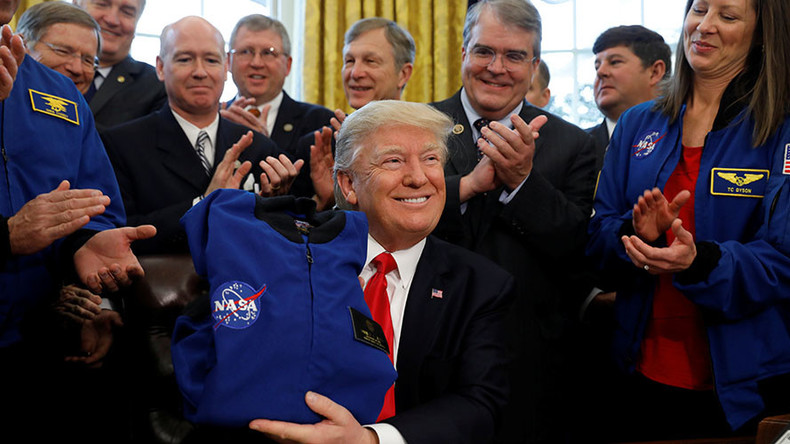If the United States wants to keep its place on the forefront of scientific discovery, one of the most important aspects is the supply of quality STEM graduate students. Late last year, this came into question when a controversial aspect of a tax bill was unveiled.
One aspect of the proposed tax bill would particularly hurt graduate students in STEM, where their education is usually subsidized with grants and stipends. Last time, I mentioned budget cuts to the NSF, which also decreases the available funding for graduate students. With these programs, a graduate student in STEM usually will not pay for higher education, with tuition and fees paid for through various scholarships, and a stipend provided to cover food and housing. Only the stipend is considered a taxable income, whereas the rest of the subsidies are considered scholarships.
Consider a graduate engineering student heading to Stanford University. They’ve been given grants to cover their education, and a stipend of $35,000. They will only pay taxes on the $35,000 stipend, even though the total tuition is $50,424 per year. The proposed tax would force graduate students to pay taxes on the entire lump sum, some $85,000. If students are paying 20% taxes, that’s a jump from $3500 to $8500. Often, it will bump these students into a higher tax bracket as well, hiking their tax bill ever higher.
The problem with this is that graduate students never see the majority of the money they would be taxed for. Tuition and fees go straight to the university, and stipends aren’t designed for luxurious living, just as enough for students to get by. When we force students to spend more of their stipend on taxes, it makes the already difficult task of completing graduate school even harder. It also dissuades others from following that path.
Pursuing a graduate degree in STEM not only means sacrificing years of your life, but also living on a budget for all that time. With this new tax bill, grad school becomes even less appealing to students who otherwise might have considered this career option. Already, only 2% of Americans have a doctoral degree, and with a tax bill like that, the number could decrease even further.
Luckily, after massive protests, this tax proposition was defeated. Graduate students will still pay taxes on just their stipend, but the whole process calls the administration into question on its consideration for the next generation of professionals. Blatant disregard for the impacts of their actions, as was seen in this case, could have disastrous implications, and the future of this country is unarguably intertwined with the future of STEM.
Until next time,
Natalie











